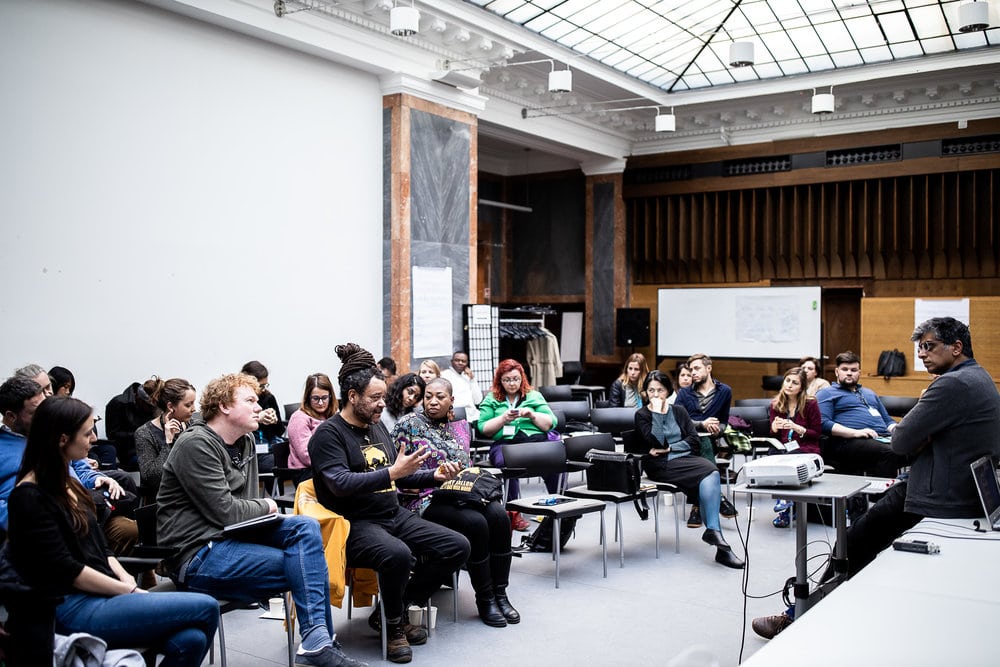Allegra Lab expresses its concerns over Central European University’s (CEU) unexpected decision to close the Open Learning Initiative (OLIve), a university refugee education project established in Budapest in 2015. The abrupt termination of the Director’s contract, Ian M. Cook, and his replacement by an external staff member without the consent of the Project Lead represents a grave breach of academic freedom. Furthermore, and most importantly, such a decision threatens the education and future prospects of one of the most vulnerable populations in Europe.
The existence of OLIve, set up initially in Budapest as cooperation between CEU community members and local grassroots groups, sent a strong message to Hungarian Prime Minister Viktor Orbán’s authoritarian government, even as it forced most of CEU’s activities out of the country to Vienna (where OLIve also ran programmes). It was a strong sign of the University’s longstanding commitment to the promotion of democracy, open societies, and the right to education, especially for those whose lives are daily threatened by Europe and Hungary’s exclusionary migration policies.
As OLIve’s project team explains it in a recently published public statement, “1,400 students of refugee backgrounds have graduated from OLIve programs, making it one of Europe’s largest refugee higher education programs. It has been replicated at four other universities, and internationally recognized through grants and awards.” This makes it a highly successful model of broadening access to higher education for displaced learners that has been emulated elsewhere, and is hugely relevant at a time when many European universities profess easier access for refugee students but sometimes struggle to do so in practice.
The new rector of CEU, Shalini Randeria – an anthropologist who, we would have thought, should be aware of education’s significance for marginalized populations and for democracy more generally – did not give any reason for the sudden closure of the initiative at the end of this academic year. In its statement, the OLIve Team also highlights that it was confident it would be able to raise the necessary funds to continue its activities given its outstanding track record.
As members of Allegra Lab’s collective, we urge the academic community in Europe and beyond to join forces and express its strongest support for the OLIve’s team which has worked with refugees with great dedication in an extremely hostile environment for the past 8 years and to publicly condemn CEU’s unilateral and incomprehensible decision. We believe that it is anthropologists’ moral duty to stand in solidarity with all those who resist the rise of nationalism, racism, and xenophobia in Europe.
We therefore encourage our Allies to show their support by making public statements through their groups, associations and/or professional bodies. A public petition can also be signed here. We sincerely hope that CEU’s Rector will revise her position so as to allow OLIve to continue to defend the values for which CEU was initially created.
[DISCLAIMER: Allegra Lab have known about the closure of OLIve for the past 10 days, as its (now former) director, Ian Cook, is part of our editorial collective. We have previously taken a stand on issues of academic precarity and misconduct and will continue to do so]





